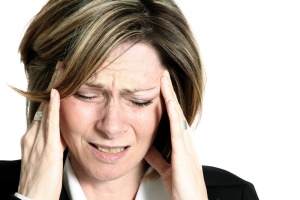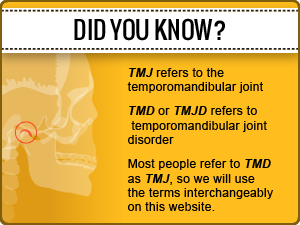3 surprising causes of migraines
 Migraine headaches can be complicated medical issues. Most people associate headaches with direct cranial problems and do not consider the fact that the headache may actually begin in a different location, resulting in what’s called referred headache pain.
Migraine headaches can be complicated medical issues. Most people associate headaches with direct cranial problems and do not consider the fact that the headache may actually begin in a different location, resulting in what’s called referred headache pain.
Some migraines can occur when the Trigeminal nerve is irritated, which in turn causes the release of the chemicals within the brain lining that induce the pain. Referred pain migraine headaches are not necessarily associated with a problem in the actual cranial area where the pain is experienced, and some of the causation can be surprising.
1. Genetics and gender
Believe it or not, many people who suffer from migraine headaches have a family history of others who have had the same experience. It is important to remember that migraine headaches are not typical normal pain. They can be the result of a medical complication of some type, often having a genetic component. In addition, women are three times more likely than men to suffer from migraine headaches.
2. Myofascial disorders
Problems in the muscles and tissue connected to the jaw bone can also generate triggers for migraine headaches. The musculoskeletal structure in the lower jaw can irritate the Trigeminal nerve that creates the pain. Migraine headache locations can differ based on the actual region of the body where the pain begins.
3. TMJ disorders
The Trigeminal nerve is also central to the functioning of the Temporo Mandibular Joint that serves as the connection point and hinge for the jaw to the bottom of the skull. It sits just below and in front of the ears on both sides of the head.
A TMJ disorder or a bite misalignment can be the ultimate causation of migraine headaches. If this is the case, medical treatment for the TMJ problem is often necessary to eliminate the recurring migraine headache events.
Learn more
If you have unresolved migraine headache pain, a dentist trained in the principles of physiologic dentistry may be able to help you find a effective treatment to resolve your pain. If you would like to learn more about physiologic dentistry, please come in for a consultation.


